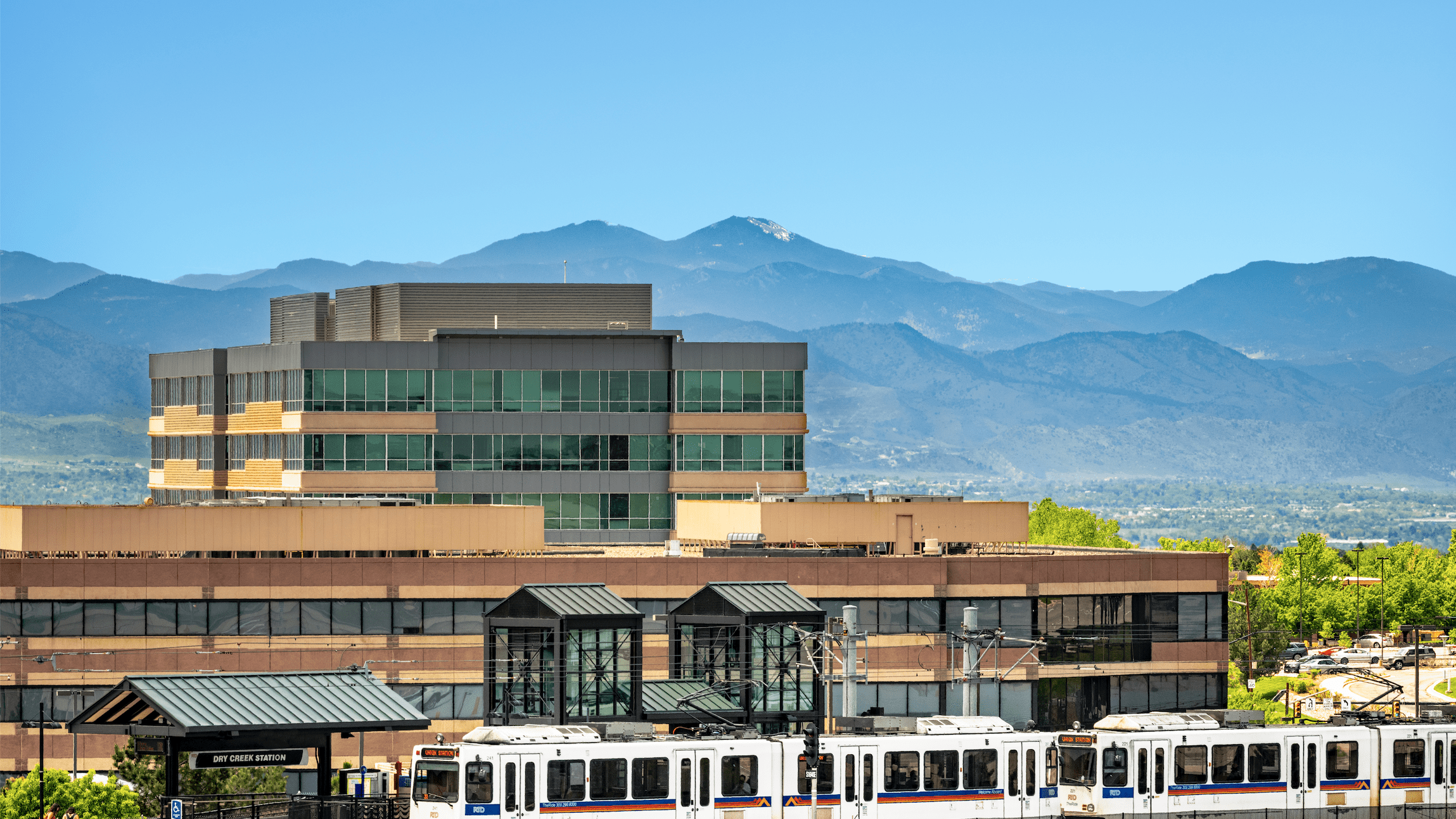One of Colorado Democratic Governor Jared Polis’ four primary legislative priorities is to make progress toward expanding renewable energy consumption. And, since he has taken office, he’s been working towards that goal.
In January, Polis’ first executive order aimed to make electric cars more accessible in hopes of putting more electric cars on Colorado roads than ever before. And that was just the beginning. In late May, Governor Polis released a roadmap to the State’s goal of 100 percent renewable energy by 2040.
The roadmap’s goals include: modernizing the Public Utilities Commission, growing green jobs, saving consumers money, promoting energy efficiency, increasing the number of zero-emission vehicles and commuting options, ensuring a just and equitable transition for all of Colorado, supporting the local commitment to 100 percent renewable energy, and moving toward zero emissions buildings.
It’s a long to-do list with an ambitious end goal that could change the “norms” surrounding renewables, especially for solar and electric initiatives. Here’s what the plan could mean for Denver South.
More electric vehicles.
Expect more electric vehicles, cleaner buses, and 33 fast charging stations along major highways throughout the State. SB19-077: Public Utility Implementation of an Electric Vehicle Infrastructure Program specifically supports the development of the infrastructure required to help encourage electric car adoption. Now, the State is also moving towards a zero-emission vehicle (ZEV) standard. Other electric initiatives include expanded income tax credits for electric or hydrogen fuel cell vehicles, a cost-free workplace charging policy, and an increase in the number of electric vehicles for state agencies. The city of Lone Tree even recently opened some electric vehicle charging stations.
Increasingly energy efficient buildings.
Denver South is already a leader in LEED buildings, with Colorado ranking sixth in the nation in 2019 for LEED space by the U.S. Green Building Council. But, that’s just a start. Keep an eye out for new, more energy efficient building code requirements for buildings and building code trainings. Also look for increasingly efficient appliances and plumbing fixtures.
More access to solar.
Denver South is home to wind, solar, and biofuel energy resources. Polis’ roadmap seeks to encourage individual solar installations and expand shared community solar gardens.
Suggested Reading:
Increased commuting options.
In 2006, the introduction of the southeast light rail and expanded bus system transformed Denver South. The three light rail lines (E, F, and R) that stretch through Denver South will be increasingly complemented by bike accessibility and ridesharing options, including newly incentivized electric ridesharing options.
As Colorado looks to become more sustainable, Polis’ roadmap seeks to weave new standards into the energy economy and into the fabric of our energy-use culture, leveling the playing field for access to renewable resources across socio-economic groups. If all goes as planned, electric vehicles will become less of an exception to the rule, and instead, the rule. The same goes for solar energy, with access already expanding through shared solar gardens.
If Governor Polis’ initiatives are successful, electric vehicles, sustainable buildings, and increased renewable energy consumption will be just the beginning for Denver South, with further investment in Colorado’s environment on the horizon.

